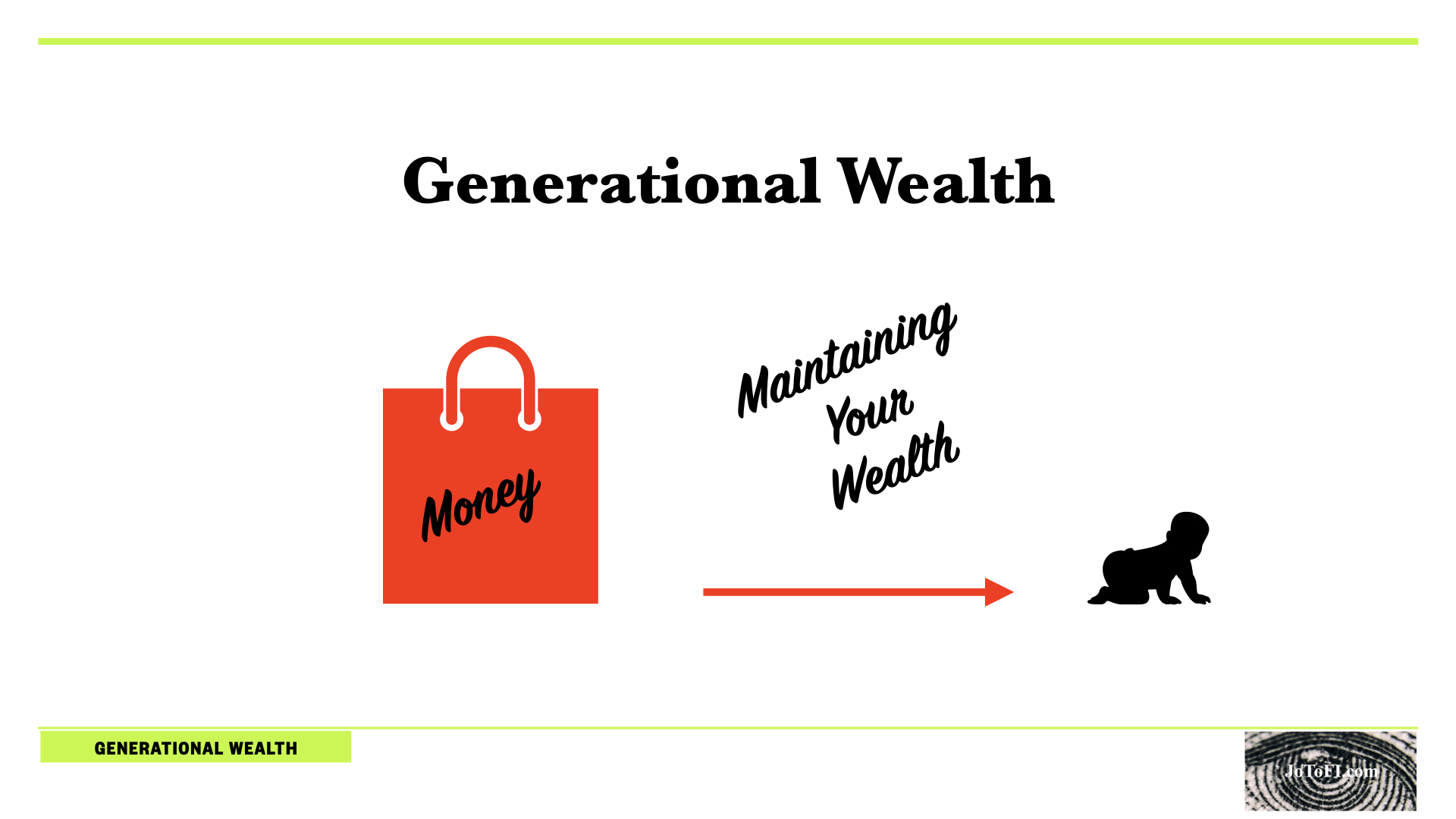When we hear the word “budget,” most immediately think of a rigid system of not only an itemized estimate of income and expenses, but also writing down and tracking each transaction as they are made. As you can imagine, implementation of these ideas could be very burdensome for many. The thought of itemization and keeping track of every expenditure contributes to why so many individuals do not take the first step to know their financial position. I am here to tell you that while having a detailed budget is recommended, it is not needed. Yes, you do not need to make a budget. Your first step to financial independence is getting a general understanding of your revenue and expenses.
What Is A Budget?
A budget is a financial plan for a defined period of time. Typically, a budget will include an itemized estimate of revenue and expenses over a period of time. For example a week, month, a year or a period of time in between in the future. The aim of any budget is to give a financial projection for a period of time in the future. It is a financial roadmap.
Following A Budget
The hard work of a budget is not only the act of sitting down and tediously making a detailed budget. The hard work of a budget comes following drafting and finalizing the budget. Hard work is the act of sticking with the budget. The hard work is tracking your spending, and ensuring that you are staying within the confines of your budget. Essentially, a budget is your guardrails and your aim is to stay within these guardrails.
The Problem
The issue that is commonly seen with budgets is the fact that many do not get started. If you are not getting started on making a budget, there is no hope of sticking to a budget. With regard to a rigid budget, many find itemizing over a period of time very cumbersome. Further, tracking spending becomes burdensome for many. Because most do not sit down and draft a budget, they do not get a true picture of their financial situation. They remain clueless about their total revenue and expenditure. They are unable to reap the benefits of knowing what they are spending on and how to stop if necessary.
The Solution – You Do Not Need To Make A Budget
You do not need a formal rigid budget. Yes, you do not need to make a budget. Generally, what is needed is a general understanding of what you are taking in and what you are spending over a period of time. This is the first step. A deep itemized dive can come later.
Many who do not have a set salary have no idea how much money they are making per month. I am talking to those who are hourly workers, get tips, or commissions. Further, those with salaries may know what they make each year in total, but how much do you take home each pay period? Surprisingly, most do not know this total. If you do not know what you are taking home, how can you consistently save, invest and build wealth?
The Solution – Get A General Overview
Sit down and take 5 minutes to consider how much you are taking in each month. Look at one or two pay stubs and use a calculator if needed. Think of your average commission or tip per pay period. Only 5 minutes required.
Once you have an idea of how much you are taking in on average, consider what you are spending.This will require another 5 minutes. Note your recurring expenses (mortgage/rent, car payment/maintenance, cable/internet, electricity) + what you spend each workday multiply by 20 (coffee, transportation, lunch) + weekend expenses multiply by 4. This will give you an average of your expenditure per month. That is it folks. This 10 minute calculation will give you a general understanding of what you are taking in and what you are spending monthly. Is your spending greater than your income? Do you have money left to save or invest? Can you pay yourself first?
Now, with these numbers, you are ahead of the game. It is clear on average what you spend and what you are bringing in each month. You now have the power to take control. You can decide to cut back on spending, earn more, decide if you need to sit down and make a formal detailed budget, or if you want to track spending to further optimize.
By performing this exercise, you are able to obtain a high level view of your financial situation. From this vantage point, your next step may be to make a budget, to track your spending, and/or implement a financial plan. This exercise can serve as the basis for your next step.
The Benefit
At times, when we give general advice we introduce rigid concepts, for example, budgeting. It is important to know what to do, but it is more important to start doing. One of the first step on the journey to financial independence is getting a general overview of your financial health. A simple review of your income and spending will provide this general overview. From this jump-off point, you can take the next steps on your journey.
While You Do not Need To Make A Budget, Having One Can Be Beneficial
Budgets are great because they serve as a guide. Even if you go over, a budget gives you an idea of what you are over spending on. Budgets give you that answers to the question, why are you in debt? Further, a good budget also have the potentially to provide a roadmap out of debt. However, when you are beginning your journey to financial independence, you do not need a budget.
Conclusion
When we hear the word “budget,” most immediately think of a rigid system of not only an itemized estimate of income and expenses, but also writing down and tracking each transaction as they are made. As you can imagine, implementation of these ideas could be very burdensome for many. The thought of itemization and keeping track of every expenditure contributes to why so many individuals do not take the first steps of knowing their financial position. I am here to tell you that while having a detailed budget is recommended, it is not needed. Yes, you do not need to make a budget. Your first step to financial independence is getting a general understanding of your revenue and expenses.
Follow me on Twitter @JoToFI_com
Follow me on Instagram @JoToFI_com


